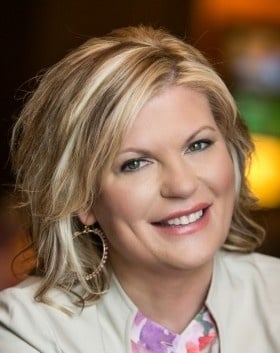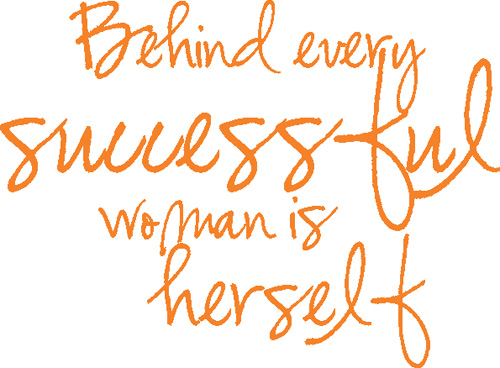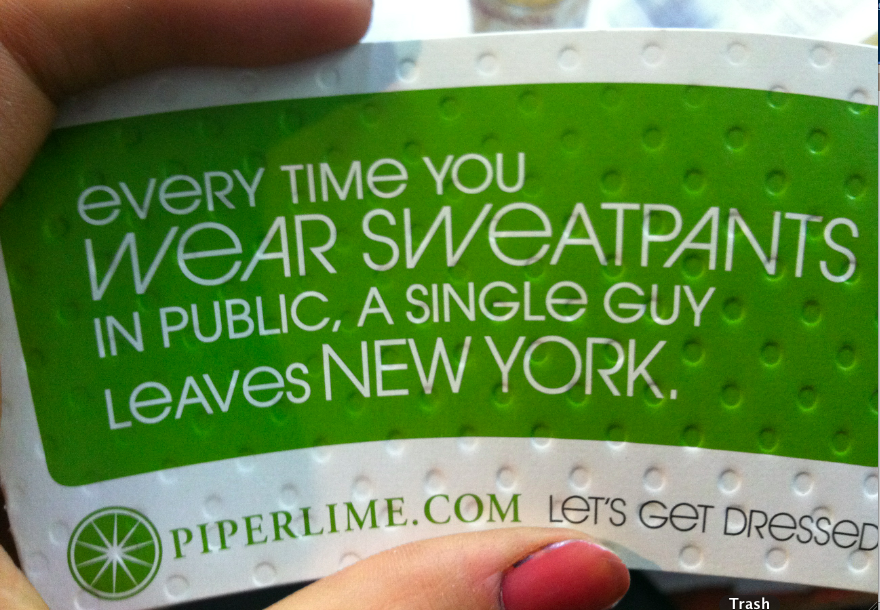A new article from the Huffington Post explores the marketing efforts of several national brands and how they are attempting to reach single women with a new crop of messages. From a Citibank ad showing a young woman rock-climbing and declaring "this is the rock she had in mind" to a Honda commercial in which the female actress is proposed to and says she has a lot of things on her pre-marriage bucket list to accomplish before tying the knot, it isn't hard to find more and more of these types of perspectives.
Recent Posts
Lane Bryant, well-known retailer in women's plus-size clothing, created an integrated marketing campaign recently that has yielded some great results for the company. The campaign surrounds a new product called Tighter Tummy Technology or T3 and is used in jeans and trousers to make the wearer appear up to two sizes smaller. Lane Bryant employed direct mail, email, TV, mobile and social media channels, including Facebook, Twitter and Inside Curve, the company's proprietary online community to reach and engage with its audience.
Axe Body Spray, a men's grooming product known for its often racy and raunchy ad campaigns, has created a product for women. The new fragrance collection for women is called Anarchy, and so far, the brand's ad campaigns are following suit with what one might expect from Axe. But do these types of ads really appeal to women? Maybe using sex and humor has worked for Axe in the past, when trying to reach its male audience. As a firm with expertise in marketing to women, we aren't sure that this approach is the right one to actually reach a female audience. Huffington Post's Ellie Krupnick shares her views about the campaign here. We think she raises some great points.
Ladies and gentlemen, I’ve decided to come clean about something that I’ve kept quiet over the years fearing it would damage my credibility as a media savvy professional. I held the title of Miss North Carolina 1989 and competed in the Miss America Pageant (not to be confused with Miss USA which does not include a talent portion). I figured I had enough stereotypes to fight as a blonde, single mom running a PR firm headquartered in Tennessee, without adding pageant contestant to the list.
A recent Huffington Post article discusses how women are hesitant to celebrate their personal successes for fear of being told they don't deserve to be successful. Author Kathy Caprino cites many reasons she feels this is the case. Some are that women don't want to sound as if they are bragging or that they don't want to jeopardize their feelings of connection with other women, especially if the other women aren't feeling particularly successful.
As a public relations agency specialized in marketing to women, empowered females are on our radar. This is why Lauren Bush caught our eye. It's hard to imagine having more of a well-known surname than Bush, but Lauren managed to tack on another famous initial to her monogram when she married the son of fashion mogul Ralph Lauren in 2011, becoming Lauren Lauren. As the niece of former President George W. Bush, she's had plenty of opportunities to rest on her family laurels, but she certainly hasn't.
There's been quite a buzz lately concerning breastfeeding mothers getting flack about feeding their babies in public places. A group of nursing mothers recently staged a protest they called a "nurse-in" at a Target store in Texas after one mother was made to feel uncomfortable while feeding her baby in the middle of the ladies' clothing department.
As a public relations firm specialized in marketing to women, we notice when companies send messages to their female consumers…especially when these messages are, ahem, somewhat offensive. Women have come a long way in our fight for equality, but we’ve still got a ways to go. According to Piperlime, the e-commerce site in the Gap, Inc. family of brands, we aren’t allowed to wear sweatpants in public without risking certain negative implications.
Neti pots, the popular home remedy for sinus and allergy relief, are under some harsh criticism after two women in Louisiana have died from using the devices. Neti is a Sanskrit word that means ‘nasal irrigation’ and the ancient Hindu practice has become more widely used in the last decade or so.









